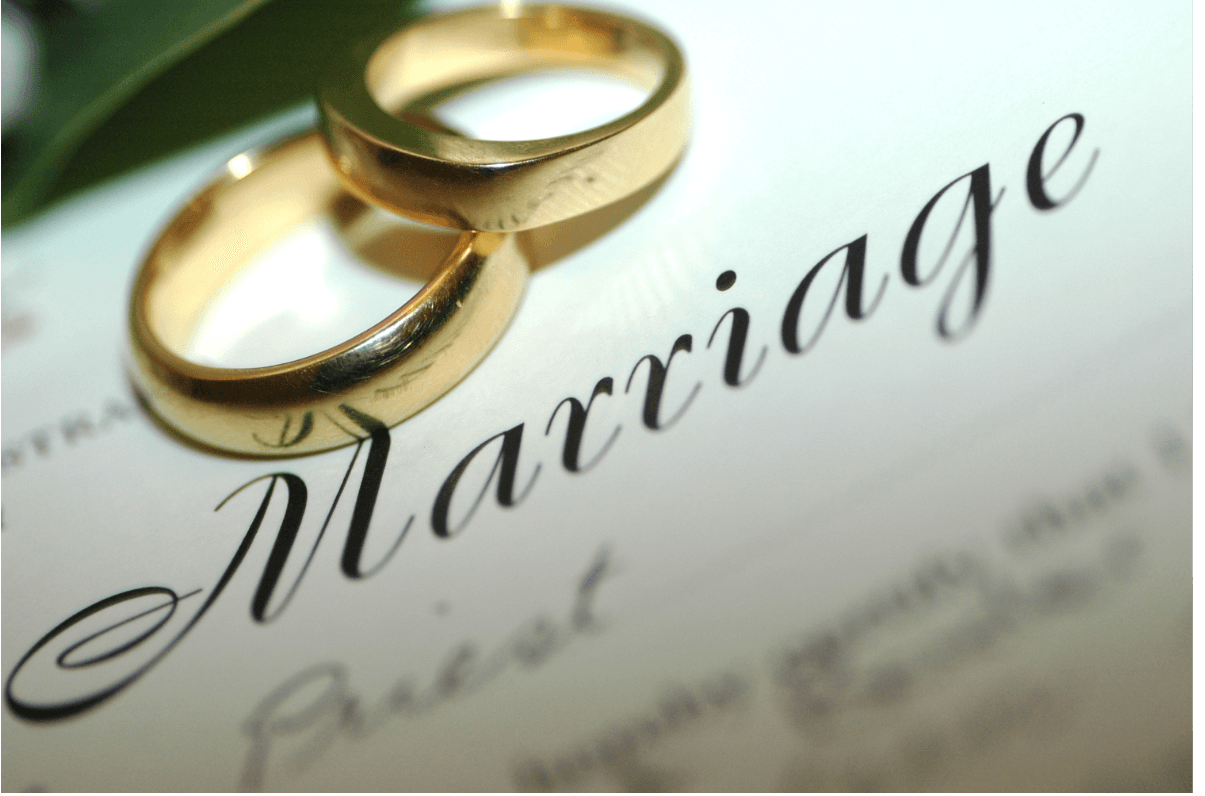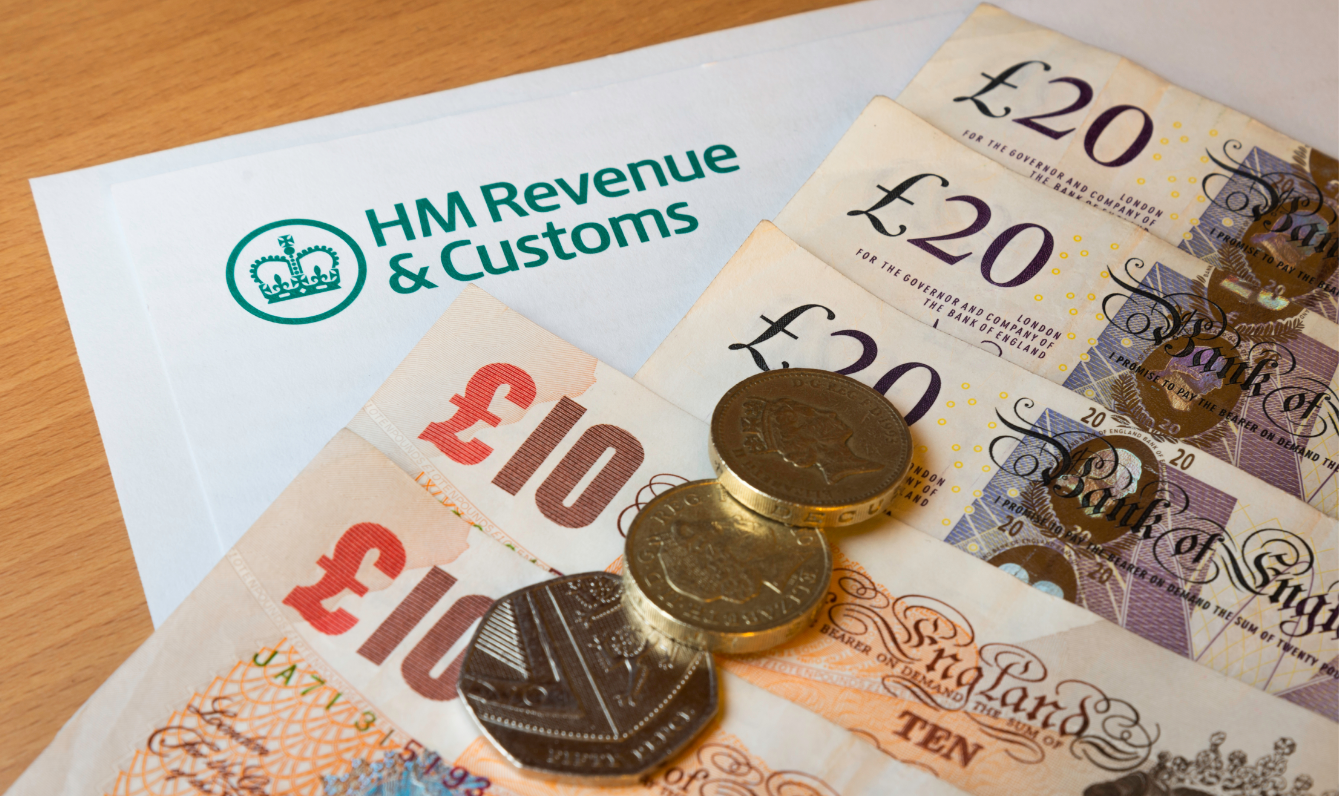Marriage Tax Allowance Claims
A tax refund is a refund of tax which has been overpaid by a taxpayer. There are a number of reasons why tax may have been overpaid. A tax refund is a reimbursement to a taxpayer of any excess amount paid to HMRC or Her Majesty Revenue & Customs. Taxpayers tend to look at a refund as a bonus but it most often represents an interest-free loan that the taxpayer made to the government.
Tax Refund
Claims
A tax refund is a refund of tax which has been overpaid by a taxpayer. There are a number of reasons why tax may have been overpaid. A tax refund is a reimbursement to a taxpayer of any excess amount paid to HMRC or Her Majesty Revenue & Customs. Taxpayers tend to look at a refund as a bonus but it most often represents an interest-free loan that the taxpayer made to the government.
Secured
Your privacy is guaranteed.
Convenient
We make the process easy for you with easy-to-complete forms.
No win no fee
If we are unable to claim, you do not need to pay us.
Married couples who live together and have no children can claim a £1,250 marriage allowance from HMRC. But what if things don’t go to plan? What if your partner becomes incapacitated, dies or the relationship breaks down? If you’re unlucky enough to be in this situation, it’s important that you are aware of what your options are with regards to claiming a married couples allowance refund. If you fall out of love with your spouse but stay living together for financial reasons, then it won’t count as an official ‘marriage’ for tax purposes. This means that you will not be able to claim the married couples allowance or any other marriage-related benefits such as universal child care vouchers or marriage relief on your home.
What is a married couples allowance?
The married couples allowance (MCA) is a special tax break that allows married couples to transfer £1,250 of their unused tax-free personal allowance to their spouse. This means that, if one of the spouses earns £10,000 per year, they will pay £0 in income tax. If the other spouse earns £20,000, they will only pay tax on £9,750. The MCA is designed to help ‘low-earners’ by allowing them to transfer some of their unused tax-free allowance to their partner, who then uses it to reduce their tax bill. If you earn less than £19,000, you are automatically treated as a low-earner and are allowed to claim the MCA.
How much can you claim?
If you are a low-earner who is married to a non-low-earner, you are allowed to transfer £1,250 of your unused tax-free personal allowance to your spouse. For every additional £2,500 that your spouse earns, you are allowed to transfer £1,250 of your unused tax-free personal allowance. This means that, if your spouse earns £35,000, you can claim £2,500 of your own unused tax-free allowance and £9,750 of your spouse’s £35,000 salary. This means that your spouse will pay tax on £32,250 rather than £35,000. This means that married couples can save an average of £1,300 per year.
What happens if your marriage ends?
If you are claiming the married couples allowance and your marriage ends, you will either be able to carry on claiming the married couples allowance or you can claim a refund of the allowance that you have already claimed. You will be able to claim a refund of the allowance if your marriage ends before the end of the tax year (5th April). If your marriage ends after the end of the tax year, you will be allowed to claim the married couples allowance for the remainder of the tax year and for the following tax year. You will not be allowed to claim the married couples allowance for any future tax years, even if you get remarried.
What happens if your spouse dies?
If your spouse dies before the end of the tax year, you will be able to claim the married couples allowance for the remainder of the tax year and for the following tax year. You will not be allowed to claim the married couples allowance for any future tax years, even if you get remarried. If your spouse dies during the tax year, you will be able to claim the married couples allowance for the remainder of the tax year. You will not be allowed to claim the married couples allowance for the following tax year, even if you get remarried.
Other tax implications of a failed marriage
If your marriage breaks down, you and your former spouse will lose out on the married couples allowance. To make up for this, you will be allowed to claim a higher standard tax deduction. If you were claiming the married couples allowance, you will be allowed to claim a higher basic tax deduction instead. If you were claiming the higher basic tax deduction, you will be allowed to claim a higher higher tax deduction. If you marry someone who earns more than you, you will be able to claim the higher higher tax deduction. If your new spouse earns less than you, you will be allowed to claim the higher basic tax deduction.
Summary
The married couples allowance is a great tax break that allows you to transfer £1,250 of your unused tax-free personal allowance to your spouse. If your marriage breaks down, your spouse will lose out on the married couples allowance. To make up for this, you will be allowed to claim a higher standard tax deduction. If your new spouse earns less than you, you will be allowed to claim the higher basic tax deduction. If your marriage ends before the end of the tax year and you are allowed to claim a married couples allowance refund, you will have to prove that the marriage has broken down. If your marriage ends during the tax year, you will be able to claim the married couples allowance for the remainder of the tax year.
Types of Tax Refunds Services of Ingram Toft
We provide professional assistance for tax refund claims and relief . Simply fill out our form and we will handle the rest for you.
Compensation Tax Refund
Did you pay taxes on your compensation claim payout?
Compensation claim payouts are made up of the compensation and an 8% statutory interest on the compensation (paid in recognition that you were deprived of your money for a period of time). Compensation payouts must be received by claimants in full.
If there was a tax deduction from your successful claim payout, you are entitled to claim for a tax refund.
Council Tax
If you own a property in the UK, then you are required to pay council tax annually.
Council Tax, introduced in 1993, is tax on domestic property. Each property is assessed based on its property value and assigned to one of eight bands--this assignment called “Valuation Band”. Property owners pay council tax that their valuation band requires annually. There are factors, however, for property owners that can make them eligible for a discount.
If you’re a property owner, Ingram Toft can assist you in having your council tax payments reviewed by your local council, in determining if your property is in the correct valuation band and if you are eligible for a discount based on your domestic situation. A council tax refund will also cover all periods of your tax overpayment starting from 1993 when the Council Tax started.
Marriage Allowance Back Payments
If you are married or in a civil partnership and one of you is a basic taxpayer while the other is a non-taxpayer, the basic taxpayer is entitled to a marriage allowance.
A Marriage Allowance is a tax perk that allows the basic taxpayer to transfer £1,250 of their personal allowance (the amount they can earn tax-free each tax year) to their spouse or civil partner who is a non-taxpayer.
If you fulfill the requirements for receiving marriage allowance and have not been receiving it, Ingram Toft can assist you in filing a claim and backdating your claim by up to four tax years, if needed.
Working from Home (WFH)
If you have a work-from-home set-up either for all or part of the week, Ingram Toft can assist you in claiming tax relief.
You may be able to claim tax relief for additional household costs such as heating, metered water bills and broadband connection, among others. You are also eligible if you have to work from home due to COVID-19.
You are not entitled to tax relief, however, if you are working from home voluntarily or claim tax relief for costs that would stay the same if you were working from your office such as rent, mortgage interest or council tax.
Work Uniform Maintenance
A uniform is not clothing of a similar design or colour that one must wear for work (for example, a bank who wants to promote its corporate image by requiring all counter staff to wear a shirt or blouse in their corporate colours). Taxpayer can claim tax relief if they wash the uniform given to them by their employer, unless their employer provides a laundering service and they choose not to use it and wash their uniform themselves. Taxpayer cannot claim tax relief for everyday clothing, even if they wear it for work.
Pension Withdrawal
Did you know you can claim tax relief on pension withdrawals?
If you are a taxpayer withdrawing money from your pension pot, 25% of your withdrawal amount must be tax-free.
Ingram Toft can help you claim tax relief on the money that you have taken out of your pension pot.
Union or Professional Fees
Does your work require you to be part of a union? Or do you need professional registration in order to perform your job?
If so, you are most likely paying union or professional fees therefore making you eligible for tax relief.
Ingram Toft provides assistance to workers/professionals in claiming tax rebate for required subscriptions or memberships.
Mileage
Do you use your own vehicle to do your job?
If you are a taxpayer using your own vehicle (car/van/motorcycle/bicycle) for work, you may be able to claim tax relief on the approved mileage rate. This covers the expense of owning and running your vehicle.
Ingram Toft can help you claim mileage tax refund for utilizing your vehicle for work purposes.
*The mileage tax refund does not apply to the usage of your own vehicle to travel to and from your work, unless it is a temporary place of work.
Overpaid Tax
It is a typical occurrence for taxpayers to have overpaid their taxes for a number of reasons such as:
- If they were given an incorrect tax code by their employer
- If they changed jobs during a tax year
Ingram Toft will do the work for you in determining if and where you have overpaid your taxes and in claiming them back from HMRC.









